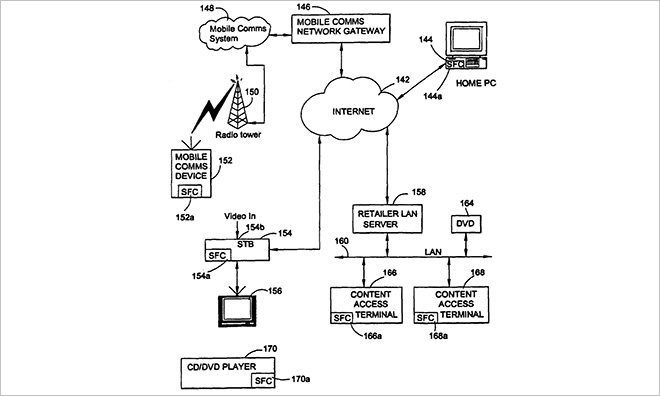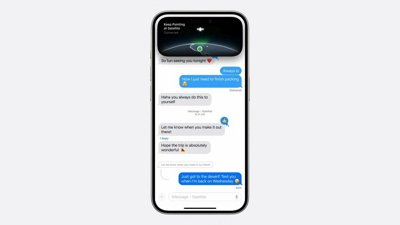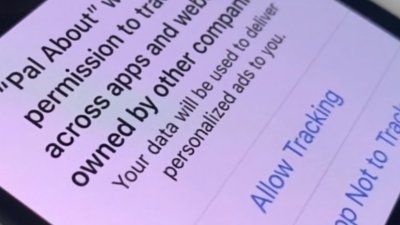The invalidation of two more Smartflash patents may put Apple in a good position to avoid paying a $532.9 million patent verdict rendered in February 2015, a report claimed on Thursday.
A trio of panel judges with the U.S. Patent and Trademark Office found that the patents shouldn't have been issued at all, because the concept of storing and paying for data is abstract one and not a specific invention, Bloomberg noted. A similar decision was made about a third Smartflash patent in March.
Smartflash could still bring the matter to the Patent Trial and Appeal Board, or after that the U.S. Court of Appeals for the Federal Circuit. The latter, though, is already examining the validity of the patents and whether Apple violated them, since that company earlier appealed the trial verdict. For its arguments, Smartflash is said to be banking on a ruling in an unconnected case, which found that not all software is inherently abstract.
Both parties will nevertheless be heading back to trial to recalculate damages, since the original trial's judge provided improper instructions to the jury.
Apple is accused of violating Smartflash patents by way of services like the iTunes Store and the App Store. In fighting the case, Apple has argued that Smartflash is exploiting the U.S. patent system without having any products or even a domestic presence.
 Roger Fingas
Roger Fingas








 William Gallagher
William Gallagher
 Malcolm Owen
Malcolm Owen

 Brian Patterson
Brian Patterson
 Charles Martin
Charles Martin












7 Comments
The notion of "invalidating patents" seems unworkable to me.
Once a company is granted a patent, they move forward by investing millions of dollars to bring a product to market... and then a few years later some people from PTO say, "Oops... we were wrong. You actually did NOT get that patent. Sorry."
I realize the current case benefits Apple, and I like that. But in general, the notion of losing a patent that you got legitimately seems bogus.
Patent Trolls be gone!